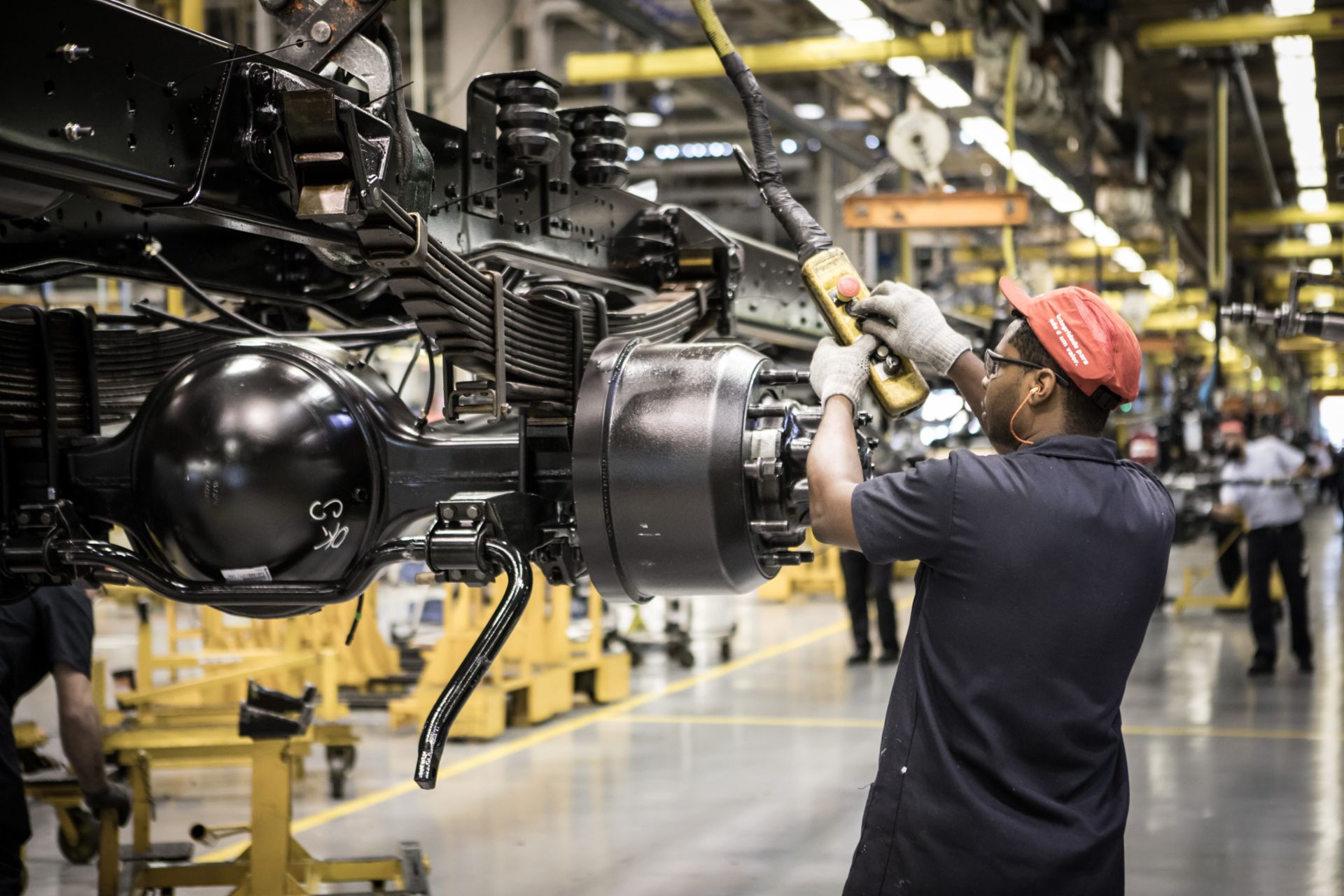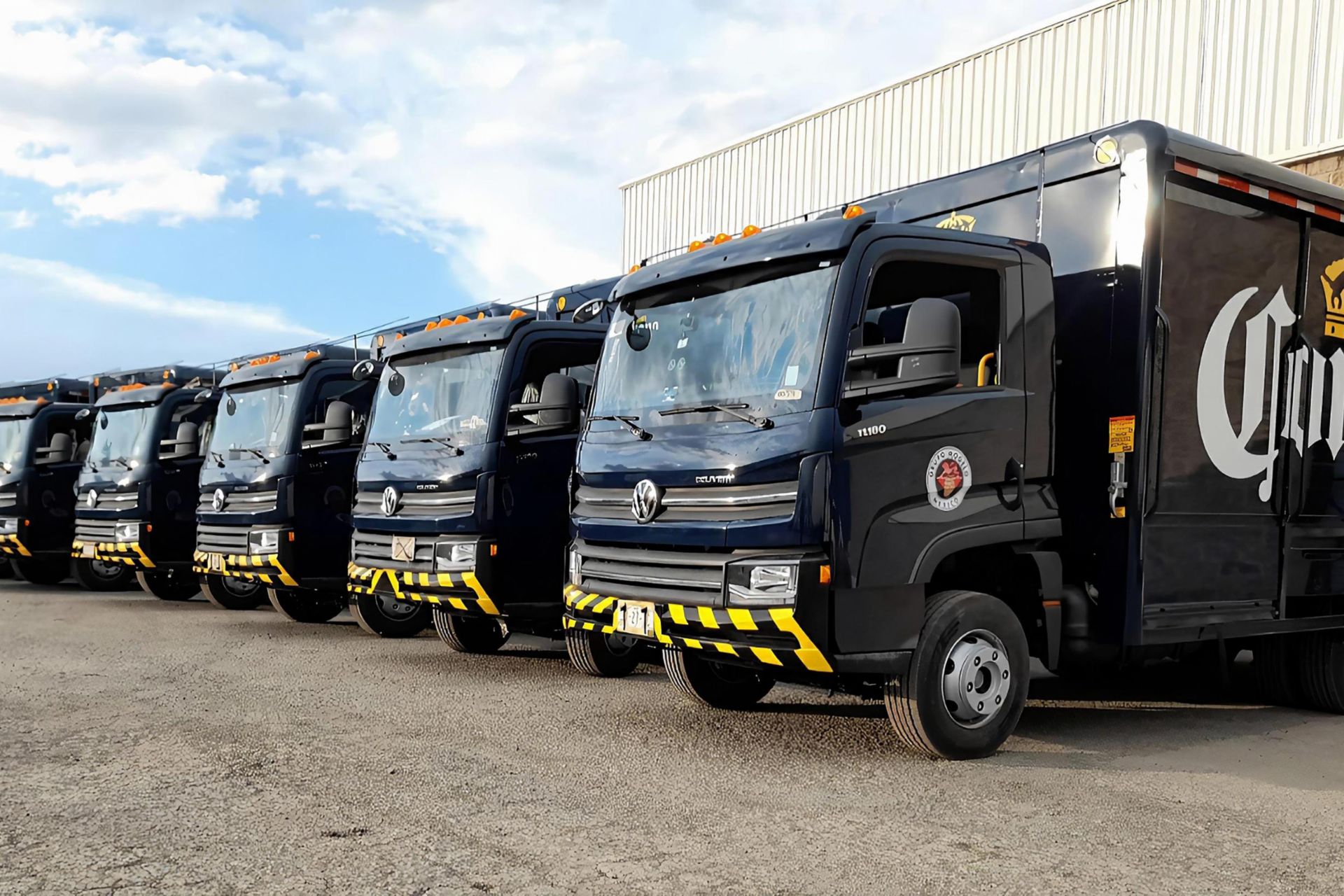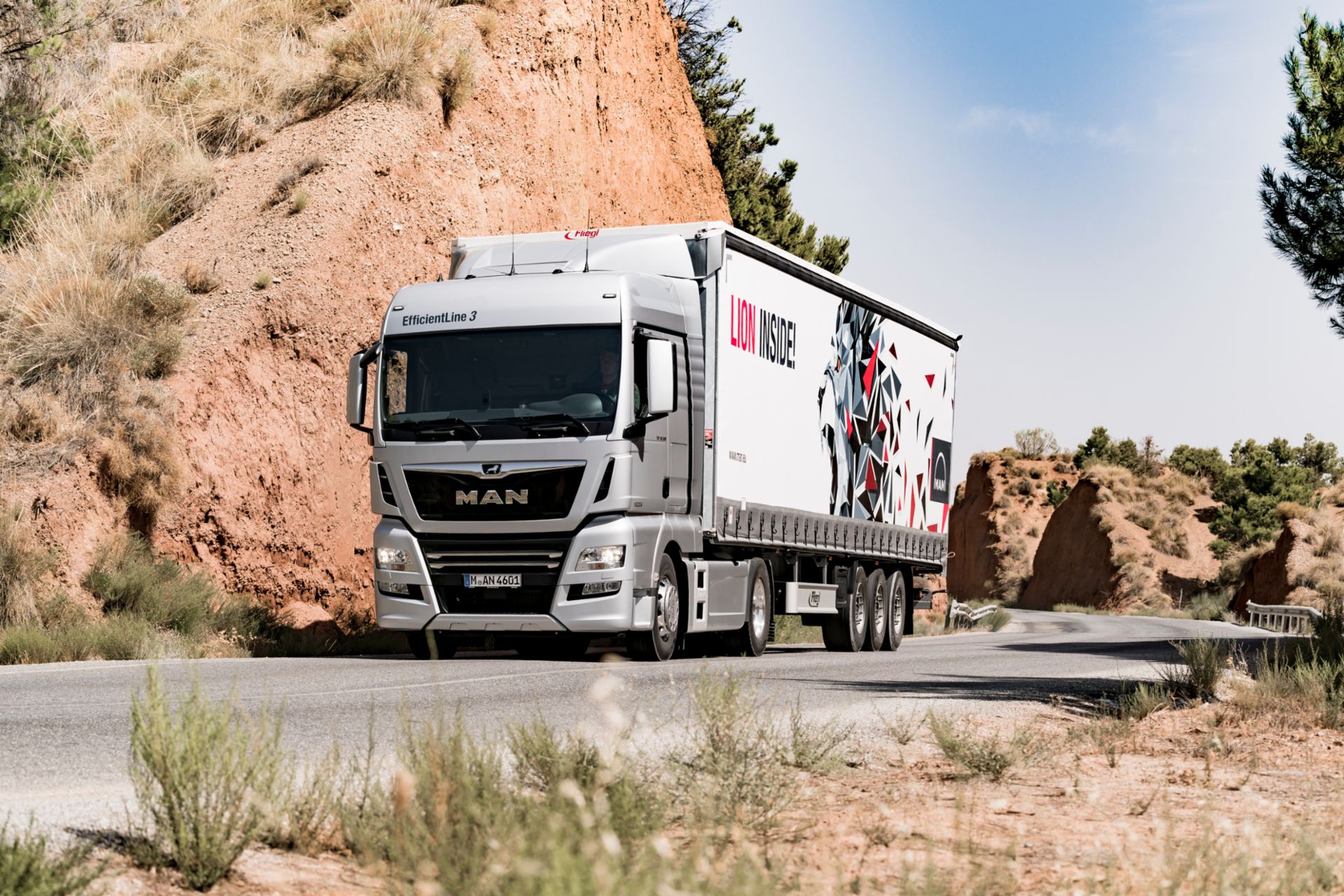The BR-230 road, also known as Transamazônica road in Northern Brazil, is one of the most demanding transport links in the world. The country’s third largest route, with 4,260 kilometers, crosses five Brazilian states in the eastern-western way, in the heart of the Amazon forest. Originally planned to connect Brazil with neighbors Peru and Ecuador, built in the 60-70s of the 20th century, it was not totally finished, and most of the track is still unpaved. From October to March, during the rainy season, crossing some critical parts of it may take some days. It’s a symbol of the challenges that bus and truck drivers – and their vehicles – have to overcome in many parts of Latin America.
Routes packed with adventure like the Transamazônica road got Volkswagen Caminhões e Ônibus (VWCO) on the right track. Products like the Meteor, Constellation and Delivery trucks, together with Volksbus buses, were designed for a variety of challenges that turned this newcomer to the commercial vehicle business into a leading provider of trucks and buses in the particularly challenging markets of Latin America, from Mexico to Uruguay, as well as Africa and the Middle East. Cooperation initiatives, partnerships and innovation have played a crucial role in the company’s relatively short history, started just 40 years ago.
“Today, Brazil is the TRATON GROUP’s second most important market worldwide, behind only Germany. This shows that we remain on track for a positive future.”
Roberto Cortes, Präsident von VWCO
“Extracting power and synergies from partnerships, and innovating with tailored solutions for emerging markets — that has been part of our DNA since our very first days as a company,” says Roberto Cortes, who has been its president and CEO for over two decades. “We also followed the motto of ‘less, you don’t want; more you don’t need.’ This has enabled us to continuously expand our business and to evolve into a leading manufacturer of commercial vehicles. Today, Brazil is the TRATON GROUP’s second most important market worldwide, behind only Germany. This shows that we remain on track for a positive future.”
Today, Volkswagen Caminhões e Ônibus is part of a future-oriented symbiosis of strong, independent brands. Along with MAN, Scania, and Navistar, it operates under the umbrella of the TRATON GROUP, the commercial vehicle holding. For example, the brands work together to support the expansion of sustainable mobility solutions. VWCO, for instance, recently presented the e-Delivery, an all-electric variant of its successful truck model. The model was totally developed by VWCO engineers in Resende, Brazil, performing over 400,000 kilometers of severe tests. An e-Consortium made up of different partner companies, including German technology giants Siemens and Bosch as well as battery specialists CATL and Moura, complete the ecosystem that offers not only the vehicle, but the complete transport solution to the customer: from production and setting up charging infrastructure all the way to battery life cycle management.
A unique story
The company’s history began in February 1981, when the first Volkswagen-branded trucks showed up, and the South American truck market got a new face. Quite literally: the first truck models of this young company initially became known as “cara-chata,” or flat face, in the Brazilian trucker circles. This is because the development engineers had broken with the American tradition of equipping truck models with a front engine and a protruding front nose. The new VW 11.130 and VW 13.130 models were cab-over-engine vehicles with a flat front. In a way, the driver sat on top of the diesel engine, giving him a much better view of the road, which was often unpaved. This was the beginning of a success story.
At first, the two new models were a novelty to a market with few options to the customers. But business quickly picked up. 40 years later, and over one million trucks and buses have been sold so far. More than anything else, this is the result of successful cooperation initiatives. Back in the 80s, Volkswagen and Ford joined forces to form the strategic Autolatina alliance with the aim of operating a profitable business despite the difficult economic conditions in South America at the time.
In November 1996, the company built its own plant in Resende, Brazil, also making partnerships the focal principle of its work there. Together with selected companies, VWCO set up an innovative Consórcio Modular to operate the plant. This model sees manufacturers and suppliers share responsibility and production costs. In turn, customers reap the benefits. Thanks to creative input from all sides when it comes to new developments and thanks to the knowledge of the major players in the Brazilian automotive industry, they always get the best product. Customized to fit their needs. The Consórcio Modular members benefit from diversified risk and the opportunity to make their voice heard in a fiercely competitive market.
In 2009, VWCO became even stronger and more resilient following its merger with MAN to form the MAN Latin America company. President Roberto Cortes, who had already been with the company since the 80s, remained in charge and continued to drive growth forward with MAN’s technological support. Both sides benefited from the partnership: VWCO, adept at doing business in Latin America, began to build MAN in 2012. Production of the heavy-duty MAN TGX truck series also meant higher capacity utilization for Volkswagen’s commercial vehicle plant in Resende. VWCO has been part of the TRATON family since 2015, which has been beneficial.
“We have even better access to international, innovative technologies under the TRATON GROUP umbrella,” explains Roberto Cortes. “This doesn’t mean any of the brands forget their roots. The headquarters of the individual companies remain in their domestic markets, we operate our own development centers, and manufacture exactly the products that our customers ask for.”




